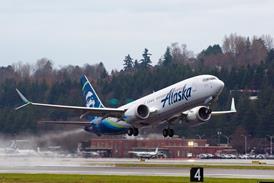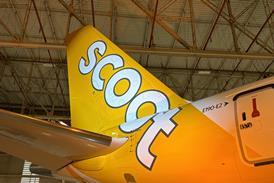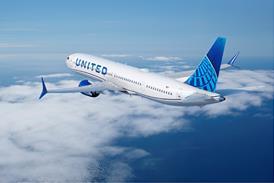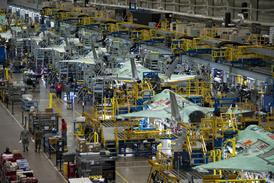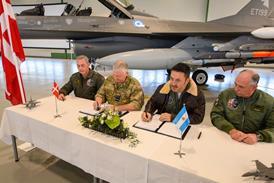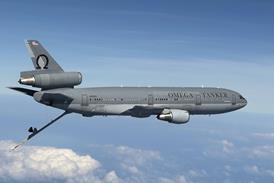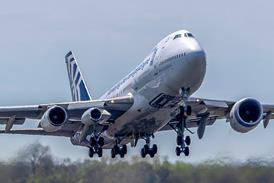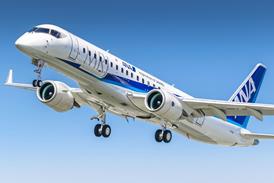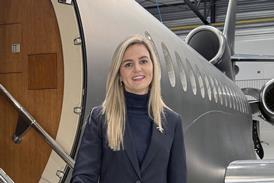EADS company Cassidian confirms that it has halted work on the Talarion unmanned air system (UAS) programme, after failing to secure financial backing from potential future buyers.
"Cassidian said several times during the last few months that we will only continue to invest in the Talarion programme if we would get a firm commitment from our potential customers," the company says, referring to France, Germany and Spain. "Unfortunately, we did not get this commitment so far. Therefore we decided to ramp down the programme."
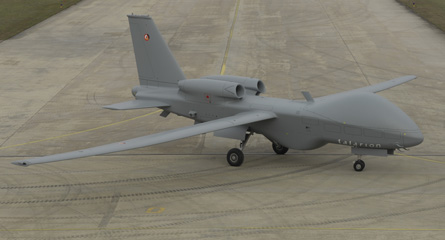 |
|---|
© Cassidian |
Ambitious in its scale, the Talarion had been designed to meet a broad range of intelligence, surveillance, target acquisition and reconnaissance requirements for a medium-altitude, long-endurance (MALE) UAS previously identified by France, Germany and Spain. Powered by two jet engines and with a 28m (91.8ft) wingspan, the aircraft was to have had a maximum take-off weight of around 7t and to have been flown at altitudes up to 50,000ft.
EADS originally saw an opportunity to produce 15 of the systems under a European programme worth around €3 billion ($3.9 billion), but spent the past two years unsuccessfully lobbying its now cash-strapped expected customers. It also made an attempt to market the aircraft to the Royal Air Force, rebranding it as the "X-UAS", but the UK instead backed a collaborative venture between BAE Systems and France's Dassault.
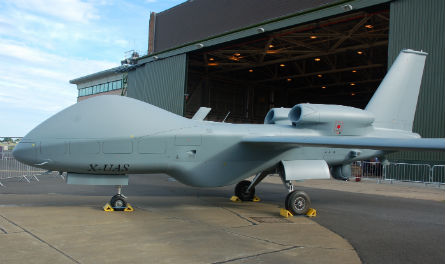 |
|---|
© Craig Hoyle/Flightglobal The Talarion-based "X-UAS" concept failed to attract interest from the UK |
Cassidian chief executive Stefan Zoller has long seen the UAS sector as an engine for major growth at Cassidian, and the company is to continue work using its Barracuda unmanned combat air vehicle technology demonstrator. The aircraft is due to undergo a new programme of system flight tests later this year in Goose Bay, Canada.
Speaking earlier this month, Cassidian head of technology and research Aimo Bülte said the company's interest in unmanned systems also currently includes researching increased airframe and sensor autonomy, adaptive control techniques and the use of new materials and embedded sensors.
"We will continue to talk to our potential customers and interested industrial partners in order to secure key technologies for a joint European MALE programme," Cassidian says. The company has previously signed agreements with Italy's Alenia Aermacchi and Turkish Aerospace Industries to collaborate on such an activity. It also earlier this year established a new UAS joint venture with Germany's Rheinmetall Defence, in which it holds a 51% stake.
Source: Flight International

